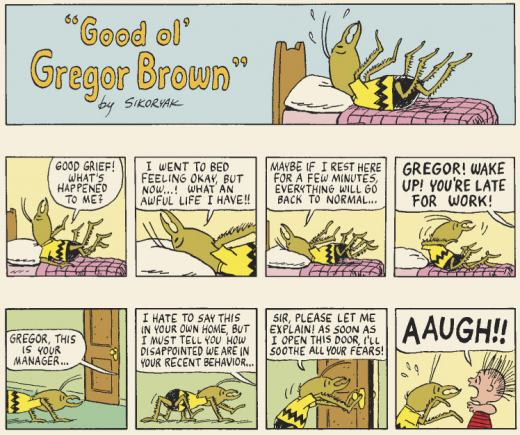Five Questions with __________ is an experiment with flash interviews. The series on poets continues with poet and editor Michael Kelleher. He also writes at Pearlblossom Highway, one of the most stirring and consistent blogs about writing and poetry around (and where he literally unpacks his library letter by letter in the 'Aimless Reading' project, a single-stop destination to discovering new/old work). I was first introduced to his work through this piece, which I considered one of the 20 best things I read in 2011.
In 'publish or perish,' which word would you choose to replace the word ‘publish’?
This has almost no application outside university tenure decisions. That said, I think that reducing a qualifying process to a single activity, one that is sometimes in tension with what I see as the other main purpose of being a professor, that is, to teach, is unfortunate. There’s room for great research and great teaching at a university, sometimes even in the same person, but I think it’s unfair to place so much emphasis on the former and so relatively little on the latter. There are plenty of researchers who can’t teach, but they still get tenure. Why shouldn’t a great teacher (or translator or editor or literary culture worker, for that matter) who’s not a researcher receive the same consideration? How about, 'Devote yourself to your students or perish'?
What is the worst job you ever had?
I once spent two weeks at a New York publisher’s office transcribing a ghost writer’s recorded interviews with comedienne Jenny McCarthy. He was writing her 'autobiography.' He kept repeating the phrase, 'This is a classic Hollywood-rags-to-riches story,' followed each time by something to the effect of, 'You’re not like other celebrities. You’re very down to earth. Real. You don’t need to be flattered all the time.' About the tenth time he repeated this piece of flattery, I had to walk away. I got my revenge by leaving all of the, 'ums,' 'uhs,' 'likes,' and 'you knows' in the transcript. There wasn’t much else, I am sad to report.
Does time heal all wounds?
One of the poems in my book Human Scale contains a section that reads:
Time heals
No wounds
Least of allMy own, which
I have sat here
Licking, yearAfter year, until
All I could taste
Was your name
So I guess the answer is no.
Is there any such thing as good advice?
As Charles Olson said, 'There it is, brothers, sitting there, for use.' Any advice can be good advice if put to use effectively. Poorly used, that same counsel can look pretty bad. We can’t really judge until after it has been acted upon. If it works, it’s good advice. If not, not.
'Those that I fight I do not hate / Those that I guard I do not love.' Do you think Yeats was right?
Being of Irish descent, I can appreciate the fatalism in Yeats’ formulation. However, I think I prefer the statement a few lines down in the poem: 'A lonely impulse of delight/Drove to this tumult in the clouds.'
